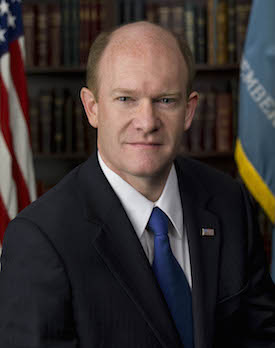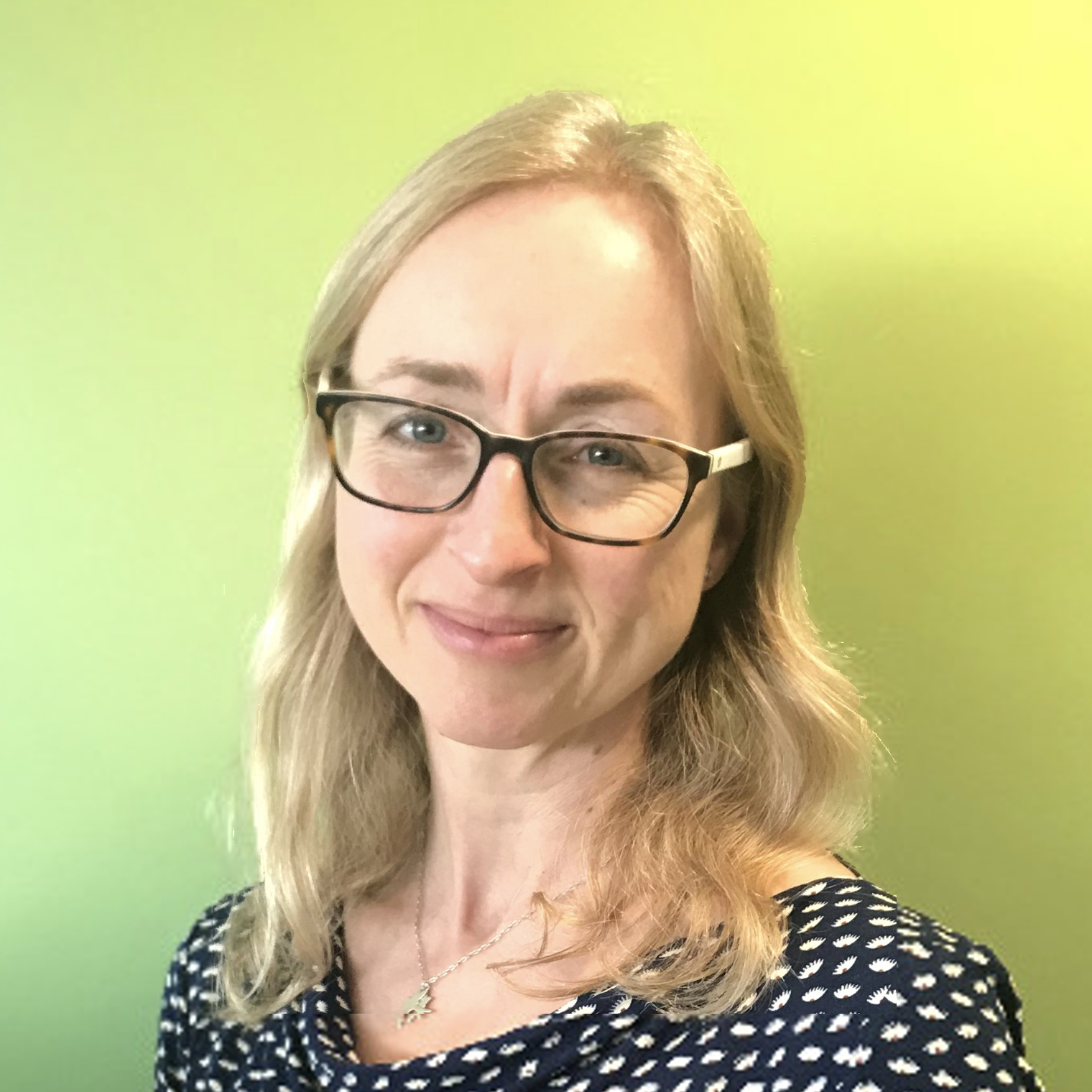Earlier today U.S. Senator Chris Coons (D-DE) introduced legislation to encourage and increase the use of crowdsourcing and citizen science within the federal government. The purpose of the legislation is to advance and accelerate scientific research, literacy, and diplomacy.
“Open innovation tools like crowdsourcing and citizen science can present solutions to real challenges by drawing on the knowledge, creativity, and expertise of citizens, but it’s an approach that is too often underutilized in government,” said Senator Coons. “This common-sense bill would empower people from all over the country and world to work together to help tackle problems and questions our government faces today that are increasingly too big in scope and complexity to solve without the public’s input and assistance.”
Crowdsourcing and Citizen Science Act of 2015
The Crowdsourcing and Citizen Science Act of 2015 provides clarification to government agencies, removing ambiguity about whether an agency can use crowdsourcing techniques. Further, implementation of this crowdsourcing initiative will not require any new funding or authorizations. More specifically, the CCSA authorizes agencies to use funds already appropriated by Congress, or to accept funds from other agencies, for profit or nonprofit entities, or States, local or foreign governments.
There are not a lot of specifics in the bill, but the bill would authorize the head of each Federal agency to “utilize crowdsourcing and citizen science approaches to conduct activities designed to advance the mission of the respective Federal agency or the joint mission of Federal agencies, as applicable.” The term “citizen science” is defined by the bill to mean:
a form of open collaboration in which individuals or organizations participate in the scientific process in various ways, including—
(A) enabling the formulation of research questions;
(B) creating and refining project design;
(C) conducting scientific experiments;
(D) collecting and analyzing data;
(E) interpreting the results of data;
(F) developing technologies and applications;
(G) making discoveries; and
(H) solving problems.
Other interesting aspects of the CCSA is that any research involving human subjects will be subject to part 46 of title 28 of the Code of Federal Regulations, which relates to the protection of human test subjects.
Also interesting is the fact that any volunteer participants would be required to assume any and all risks associated with participation in the crowdsourcing program, and volunteers would likewise be required to waive all claims against the government except for claims based on willful misconduct.
What can and will be achieved through this crowdsourcing initiative remains to be seen. Notwithstanding, the bill is endorsed by Genetic Alliance, Sage Bionetworks, SciStarter, the American Geophysical Union, the American Geosciences Institute, the American Society of Agronomy, the Crop Science Society of America, the Foundation for Earth Science, the Soil Science Society of America, the American Association for the Advancement of Science and the Citizen Science Association.

![[IPWatchdog Logo]](https://ipwatchdog.com/wp-content/themes/IPWatchdog%20-%202023/assets/images/temp/logo-small@2x.png)



![[Advertisement]](https://ipwatchdog.com/wp-content/uploads/2024/04/Patent-Litigation-Masters-2024-sidebar-early-bird-ends-Apr-21-last-chance-700x500-1.jpg)

![[Advertisement]](https://ipwatchdog.com/wp-content/uploads/2021/12/WEBINAR-336-x-280-px.png)
![[Advertisement]](https://ipwatchdog.com/wp-content/uploads/2021/12/2021-Patent-Practice-on-Demand-recorded-Feb-2021-336-x-280.jpg)
![[Advertisement]](https://ipwatchdog.com/wp-content/uploads/2021/12/Ad-4-The-Invent-Patent-System™.png)







Join the Discussion
One comment so far.
Bob Zeidman
October 2, 2015 01:33 amI have concerns about “citizen science.” Certain educated people are experts for a reason. If anyone can have input, that’s not necessarily a good thing. I’ll give you one example. I was a participant in the peer-to-patent program where “ordinary citizens” could provide prior art to invalidate my patent application. That sounded fine except people started submitting irrelevant documents because they didn’t know how to read patents. The patent examiner told me that I had to change my patent claims because her supervisor would not allow a patent with so many examples of prior art, even though she agreed that the prior art was not applicable.
Will science become a popularity contest?